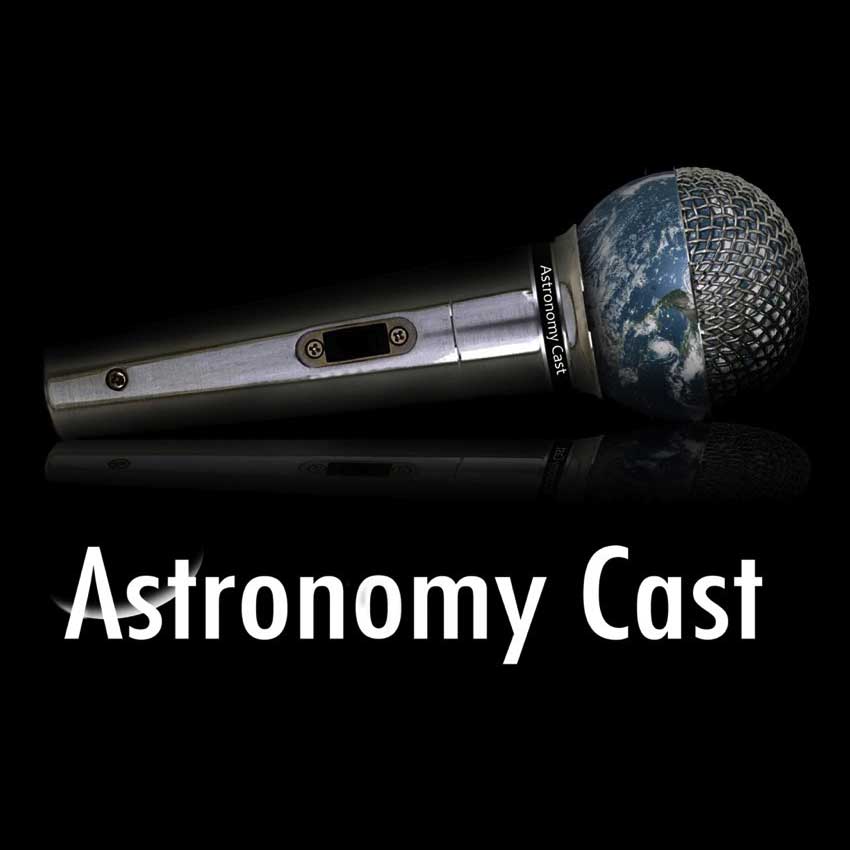In last week’s episode we talked about the things that change here in our own solar system. Now we’ll talk about everything else in the Milky Way and beyond.


In last week’s episode we talked about the things that change here in our own solar system. Now we’ll talk about everything else in the Milky Way and beyond.

Astronomers have found that sometimes the Universe changes. Things move, things explode, things get brighter or dimmer. In fact, knowing this has helped astronomers discover some very important aspects of the Universe. Today we begin a two part series on Transients and their role in astronomy.


Fritz Zwicky discovered dark matter, gravitational lensing, supernovae and neutron stars. And he also worked on a few more controversial ideas like, uh, tired light. Let’s learn more about Zwicky.


When astronauts go to the outer space, what are the various kinds of radiation they’ll encounter? Is there anything we’ll be able to do about it? #365daysofastro

What is the planetary protection protocols so we won’t infecting other world when we send rovers and landers?

The Sun. It’s a big ball of fire, right? Apparently not. Let’s talk about the stellar fusion & how to adapt it to generate power here on Earth. #365DaysOfAstro

Finding planets is old news, we now know of thousands and thousands of the places. But the terrible irony is that we can only see a fraction of the planets out there using the traditional methods of radial velocity and transits. But the new telescopes will take things to the next level and image planets directly.

We did it, we made it through 2018 in space. Now let’s look forward to the incredible launches, discoveries and astronomical events happening in 2019.